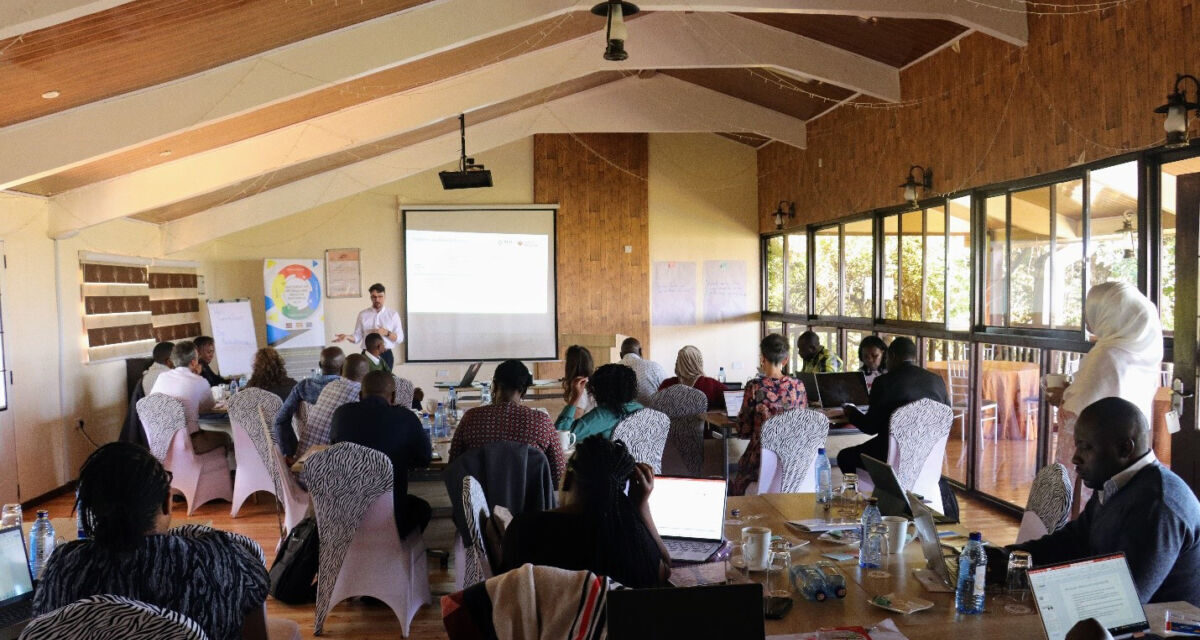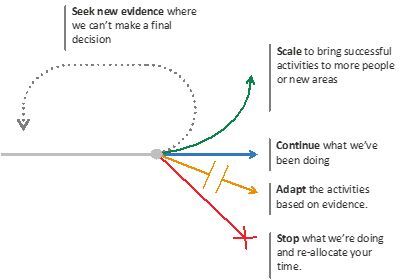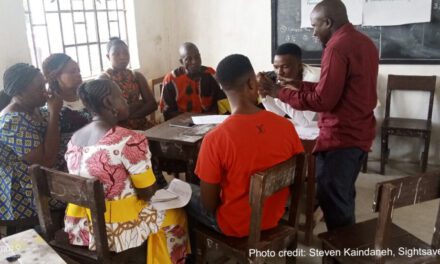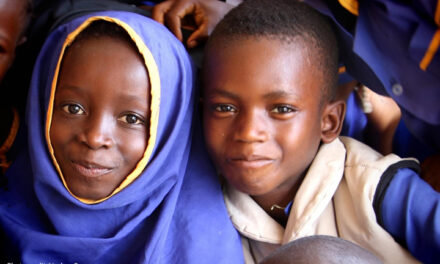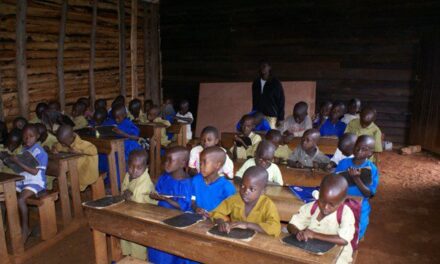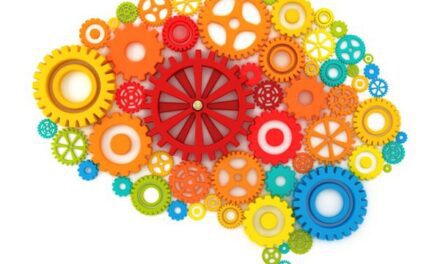This blog was written by Fergal Turner, Oxford Measured; John K. Mugo, Zizi Afrique Foundation; Mary Goretti Nakabugo, Uwezo Uganda; and Mauro Giacomazzi, Luigi Giussani Foundation.
Origins of the ALiVE learning approach
The Assessments of Lifeskills and Values in East Africa (ALiVE), is a new programme in many ways. It is new in its focus on beginning with a contextualisation process which worked with adolescents and their communities to define the four lifeskills and values. It is also new in bringing together a diverse coalition of more than 20 organisations from the Regional Education Learning Initiative’s (RELI) values and lifeskills clusters. These organisations, with diverse experiences and expertise in measurement and lifeskills worked collaboratively throughout the contextualisation, tool development and assessment process. This novelty presented an unmissable opportunity for learning.
The creation of an East African learning community for assessment was one of ALiVE’s three strategic priorities, placing learning at the heart of the programme design. This learning took place through meetings and learnshops, peer learning, mentorship and learning through doing. Critically, ALiVE is an initiative which has involved partners in each of the three East African governments from the beginning. This provided an opportunity to foster a learning culture at the intersection of civil society and government programming.
In 2022, as the first phase of the programme came to an end, ALiVE decided to reflect on and systematically document what had been learned. Oxford MeasurEd was brought on board to support this process, collecting summative learning from the 2020-2022 period, and facilitating the design of a system which could systematise formative learning for the next phase of ALiVE. In particular, the aim of the consultancy was to look at how learning culture had been fostered within a complex coalition of state and non-state actors, and how that learning culture can be reinforced for the future.
The summative learning approach
Oxford MeasurEd and the ALiVE team defined five priorities areas for learning; i) tool development and contextualisation, ii) dissemination, awareness building and advocacy, iii) system strengthening, iv) collaboration, and v) organisational growth.
To structure reflections against these areas we used the concept of moments of learning. These were points in time at which team members felt they had learned an important lesson related to one of these areas. ALiVE national learning leads used a survey to gather more than 100 qualitative vignettes from more than 90 individuals connected to the ALiVE programme.
Gathering through national workshops we collaboratively analysed what these vignettes told us. These workshops brought together ALiVE technical teams, including civil society organisations, government agencies, teachers and youth advocates. The output of the workshops were consolidated and structured sets of reflections against the five learning areas. A synthesis team comprised of ALiVE team members then worked to find commonality across the three countries. These were bought together and written up into five learning briefs.
What did we learn about learning?
Through this process, we learned a lot about organisational learning. To summarise the reflections, we learned that:
- Learning is something that happens all the time. Documenting learning needs to be an intentional process.
- Simplicity and leadership are the keys to making a learning system work. The approach to learning needs to be simple enough to integrate with everyone’s day to day workloads. Leadership on learning should be by example, with leaders being reflective and ensuring that everyone has time to reflect, discuss and document what they’re learning.
- Institutionalised organisational learning is a collaborative activity. If it is not something owned by everyone, it will never take place.
A new approach to learning
The next step was to turn what we have learned about learning into an approach for the next phase of ALiVE. Learning continues to sit at the heart of ALiVE’s mission. In the second phase theory of change, ALiVE wants to position itself as a hub for knowledge and learning on assessment in East Africa. Part of this will be to ensure that there is an approach available for all of those involved to document and record what they are learning.
At the heart of the structure are two concepts. The first is a learning cycle. This shows us the different activities involved in learning. These are to set questions, to gather reflections through ALiVE’s day to day activities, to seek the perspectives of those we work with, and to discuss how reflection can support adaptation in our work. This cycle is iterative and messy, with stages repeating and entangling with each other, but broadly speaking it is a cycle.
The second component is a learning system. These are the foundational elements that need to be in place to support learning. This encompasses the culture, tools, workplans, roles and responsibilities, and processes for decision making and dissemination that we need to have in place to ensure that the learning cycle can move slowly. This system gives us a “how-to” guide for putting learning into practice.
In practice, ALiVE team members will use an online form to document what they are learning on a regular basis. During monthly national or regional meetings, the learning leads will structure reflections on these learning vignettes. This will support decision-making about what should be stopped, adapted, or scaled. Where more information is needed, perspectives will be gathered from diverse sources to compliment teams’ reflections. All of this will happen on a regular basis, integrated into existing structures, and owned by everyone in the ALiVE team.
Where to from here?
We will use these structures to document, reflect on and act on what we are learning throughout the next phase of ALiVE. More than this though, we want, in the long-term, to contribute to what is known about organisational learning. By putting this system into practice, we will refine it and grow it, until we are confident that we have a model that can be useful for others looking to embark on similar learning journeys. At that point we will make our approach, our tools and what we have learned publicly available. Watch this space!
If interested in discussing this topic more, you are encouraged to come to the session Measurement of life skills in East Africa: The ALiVE Initiative at the UKFIET conference in Oxford on Tuesday, 12 September, 4-5:30pm in Room 14, Examination Schools.

